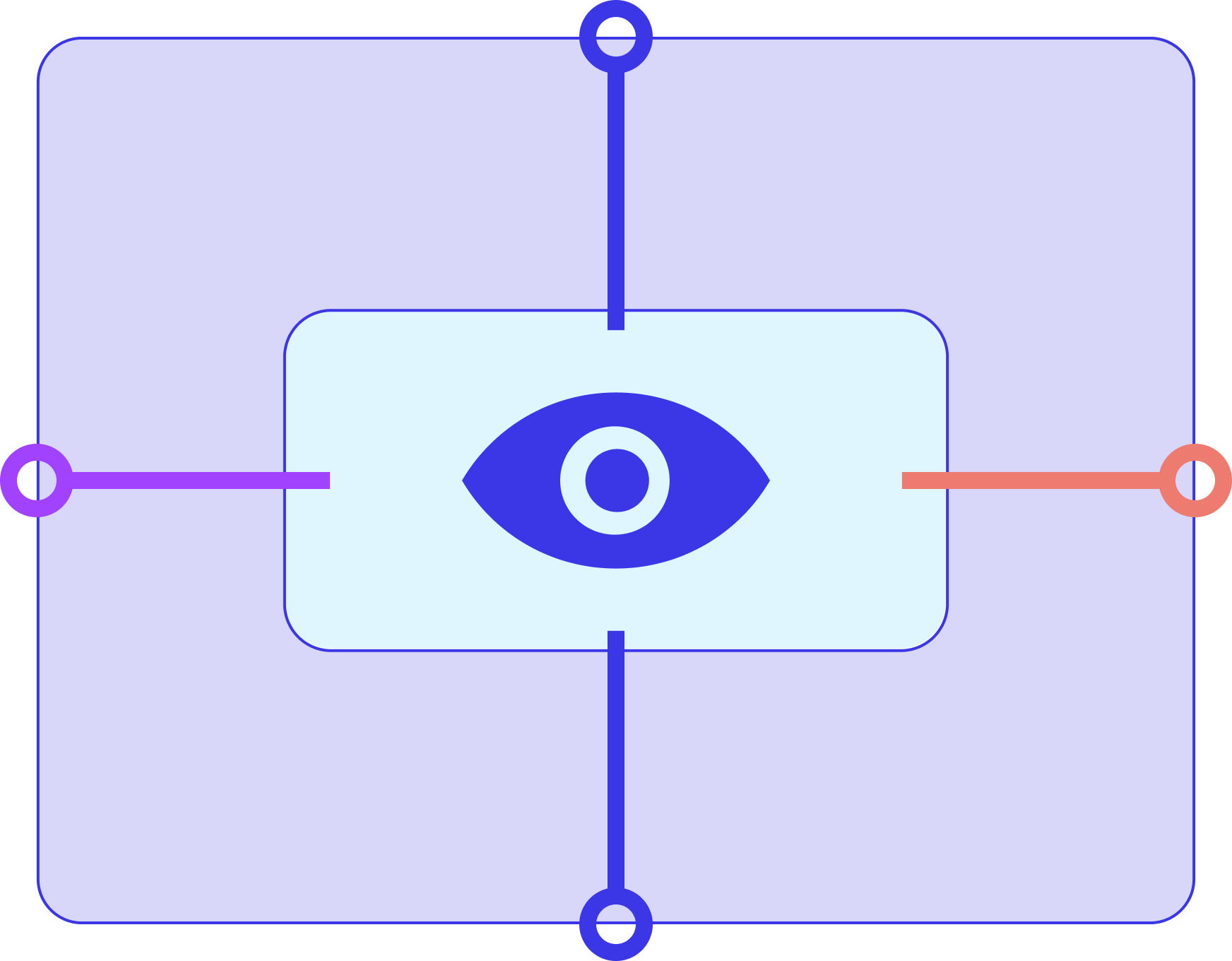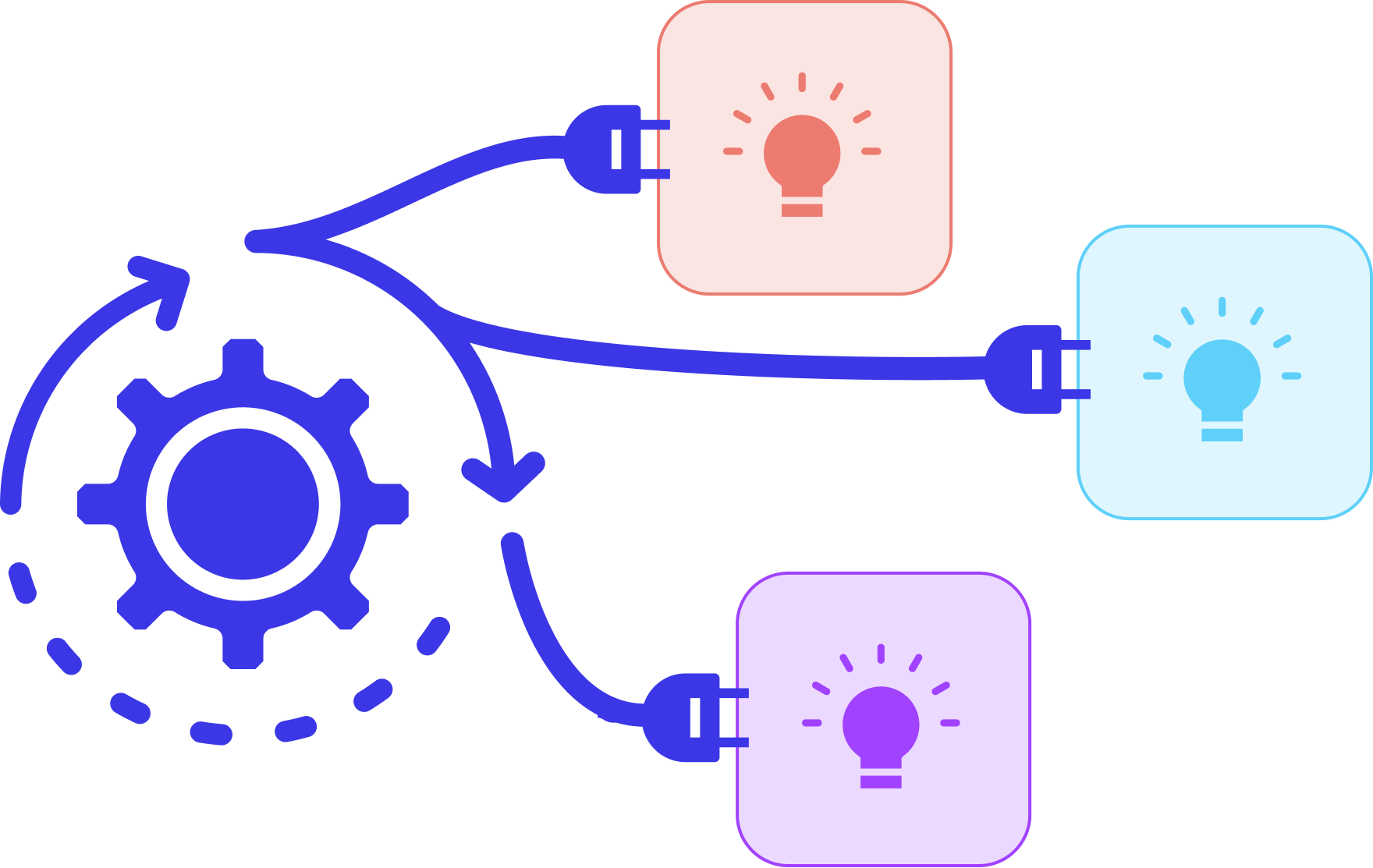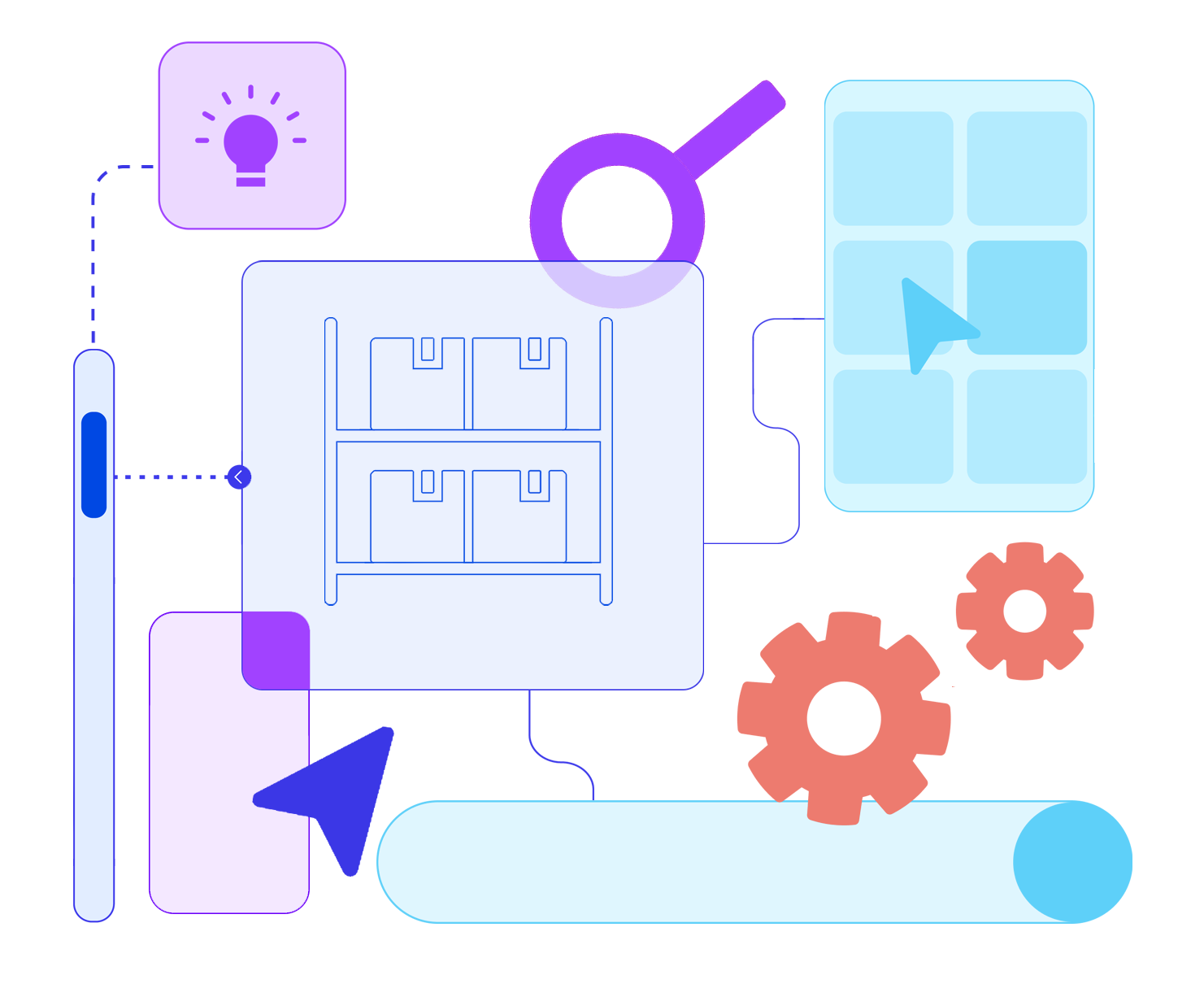Cloud ERP is the ideal solution for companies that don’t have an in-house IT department or those who may be intimidated by the challenges of on-premise ERP. It’s more affordable, it’s more accessible, and it’s also faster in terms of implementation. Vendors usually offer cloud ERP based on an annual or monthly subscription fee. The fee often covers software updates, security, installation, customer service, and tech support. As a result, organizations worry less about their operational processes and have more time to focus on their actual business strategy.
Cloud ERP is a particularly attractive option for businesses looking to scale up and grow their operations because Cloud ERP is often offered as a solutions suite or package consisting of several basic modules, with each module targeting a specific area of the business. If, for example, a customer doesn’t require a complete cloud ERP suite, it’s possible to choose only the required modules and scale as and when needed.
Ideally, because cloud ERP runs on a vendor-managed public or private cloud, it’s exceedingly more cost-effective. Cloud-based solutions provide the flexibility and mobility to access an ERP system and its connected solutions through the vendor’s cloud platform and are more convenient, as the system can be accessed from any location and at any time.




















